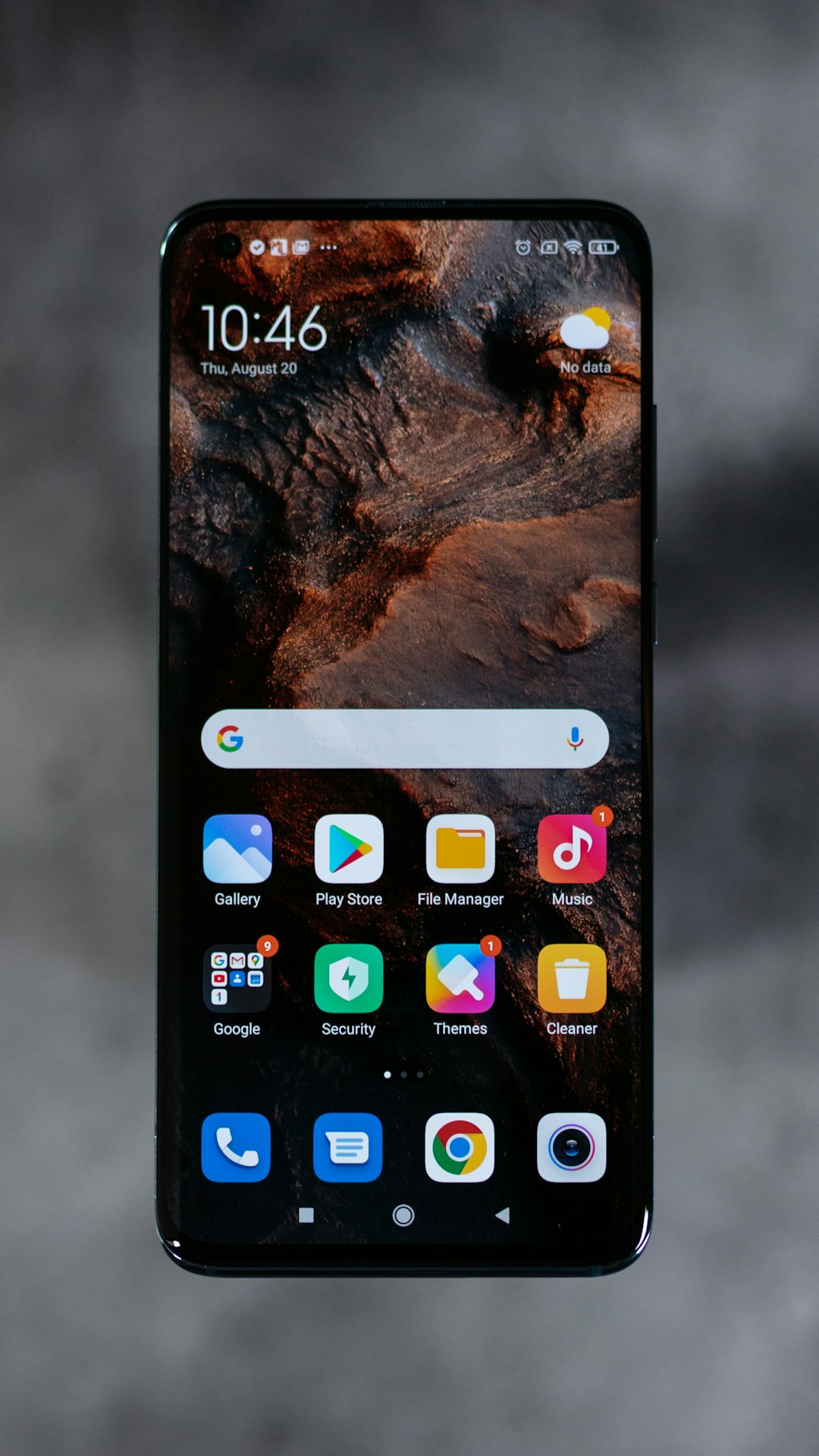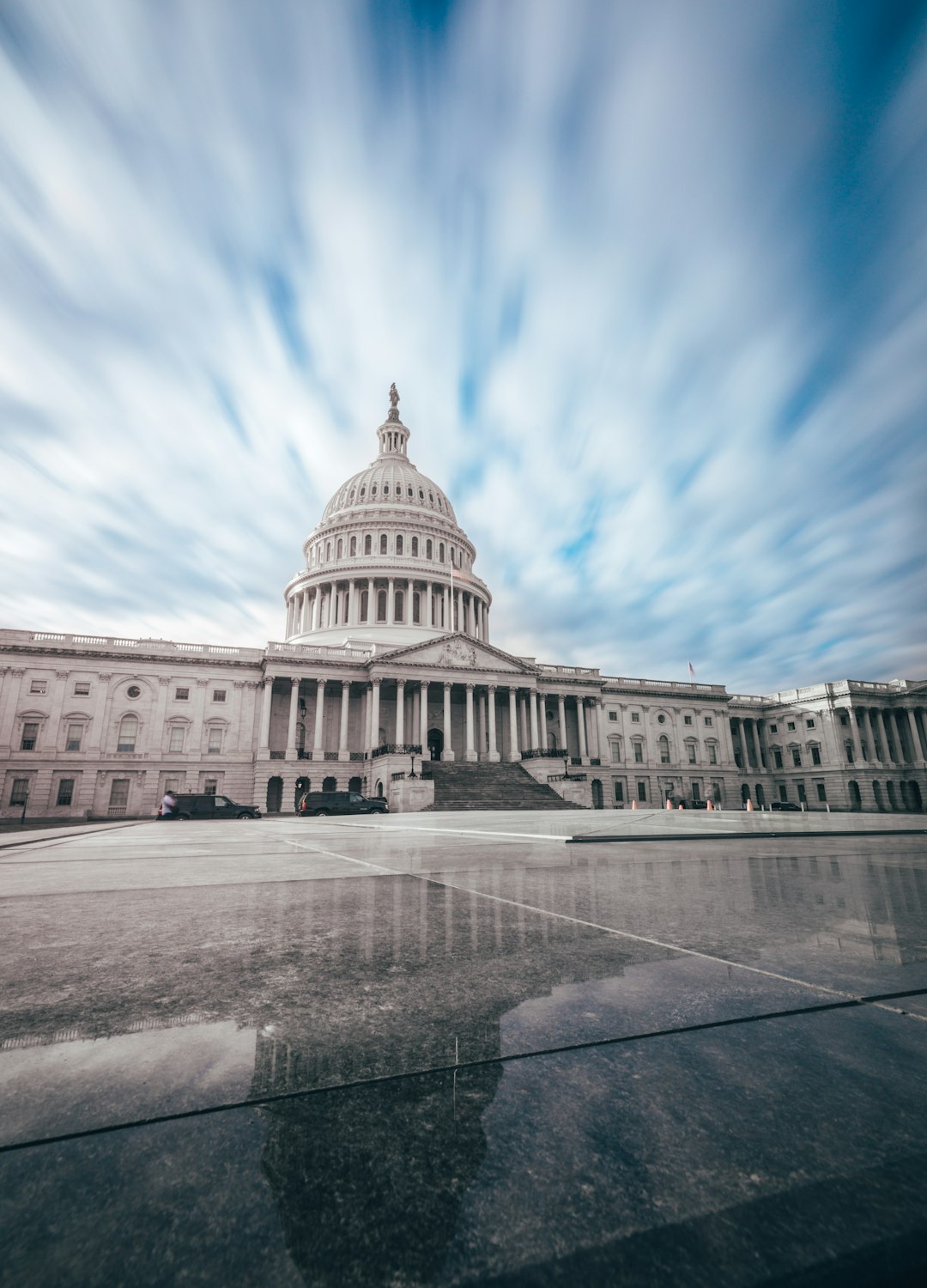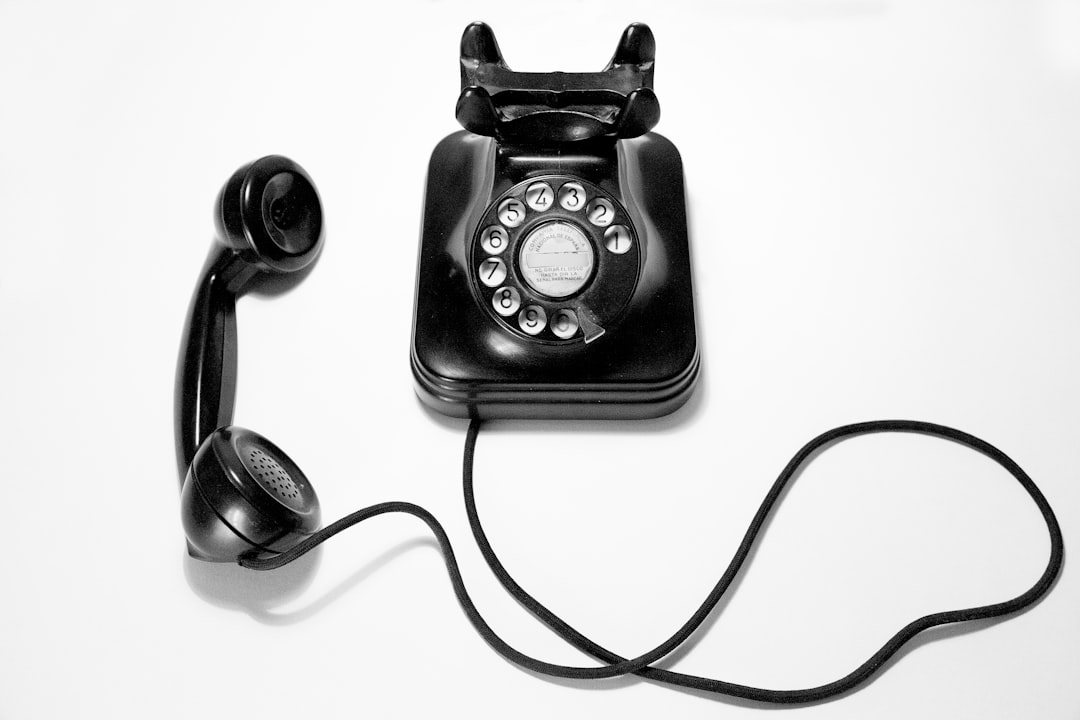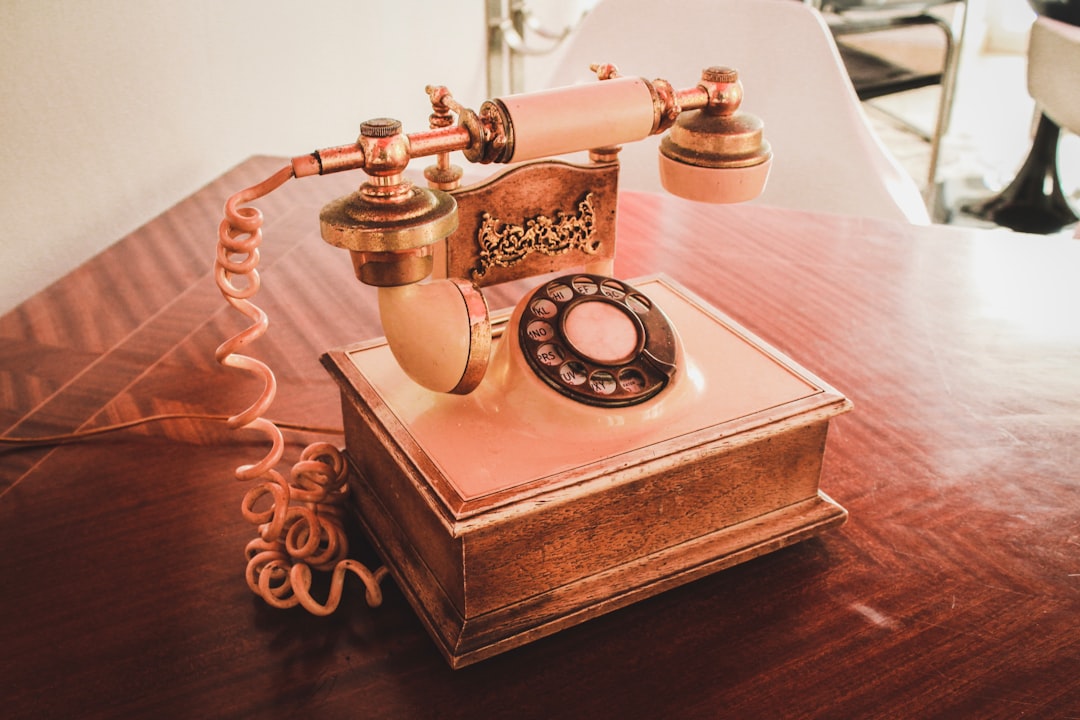In Washington State, strict laws combat spam calls, prioritizing residents' privacy with explicit consent requirements for marketing campaigns. Unwanted telemarketing practices can lead to legal action and fines after filing complaints with the Attorney General's Office. Spam call attorneys in Washington play a vital role in upholding these regulations, protecting consumers from intrusive and fraudulent calls by navigating complex federal (TCPA) and state laws, ensuring compliance, and safeguarding consumer rights.
In today’s digital era, no one is immune to the relentless influx of unwanted spam calls. Understanding and navigating the complexities of spam call legislation is crucial for both Washington residents and businesses alike. This comprehensive guide delves into the intricacies of spam call laws in Washington State, offering insights into definitions, relevant regulations, jurisdiction, consumer protections, business responsibilities, and the role of a spam call attorney. Armed with this knowledge, folks can better protect themselves and foster a quieter, more peaceful environment.
Spam Call Legislation in Washington State: An Overview

In Washington State, the fight against unwanted and fraudulent spam calls has led to stringent legislation designed to protect residents’ privacy and peace of mind. The Washington State Legislature has implemented laws that strictly regulate telemarketing practices, empowering citizens to take action against persistent spam calls. A key aspect of this legislation is the requirement for businesses and marketers to obtain explicit consent from consumers before initiating any telephone marketing campaigns.
Spam call attorney Washington plays a pivotal role in ensuring these laws are upheld. Residents who experience harassment or receive calls from unknown numbers, often involving pre-recorded messages or sales pitches, can file complaints with the Washington State Attorney General’s Office. These complaints trigger investigations that may lead to legal action against violators, holding them accountable and potentially resulting in substantial fines for spam call attorneys and their clients involved in unethical telemarketing practices.
– Definition of Spam Calls

Spam calls, a pervasive and often annoying modern nuisance, refer to unsolicited telephone calls or messages intended for marketing or promotional purposes. These calls, typically characterized by automated systems or live agents, can be from businesses seeking to advertise their products or services. In Washington, where privacy laws are stringent, understanding what constitutes a spam call is the first step in navigating the legislation surrounding them. A spam call attorney in Washington can provide invaluable guidance on these complex issues.
The state’s laws protect residents from unsolicited calls by implementing strict regulations on telemarketers. These rules aim to safeguard consumers from unwanted intrusions and deceptive marketing tactics. By recognizing spam calls, Washington residents can take proactive measures to minimize their impact and exercise their rights under the law.
– Relevant Laws and Regulations

In Washington, the fight against spam calls is primarily governed by state and federal laws designed to protect consumers from unwanted telephone solicitations. The Telephone Consumer Protection Act (TCPA) at the federal level sets strict guidelines on how businesses can contact consumers via phone, including restrictions on automated or prerecorded messages. For residents of Washington, additional protections are offered under the state’s Spam Call Laws, which further restrict telemarketers and require explicit consent for marketing calls.
A spam call attorney in Washington can help individuals and businesses navigate these complex regulations. These laws not only empower consumers to take action against persistent spam callers but also provide clear directives for businesses to ensure their calling practices comply with the law. Understanding and adhering to these relevant laws and regulations is crucial for both consumer rights protection and business liability avoidance, making it essential to consult a spam call attorney in Washington for guidance.






